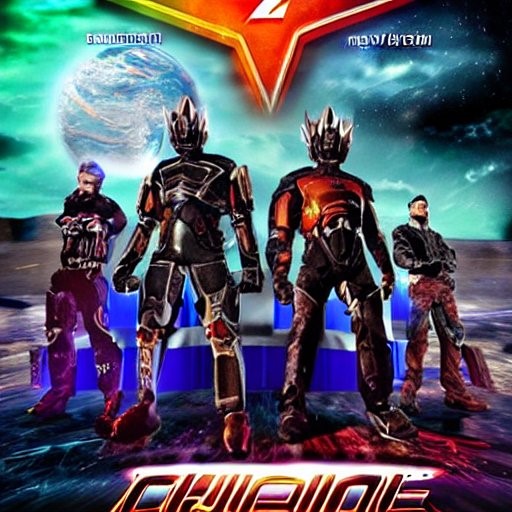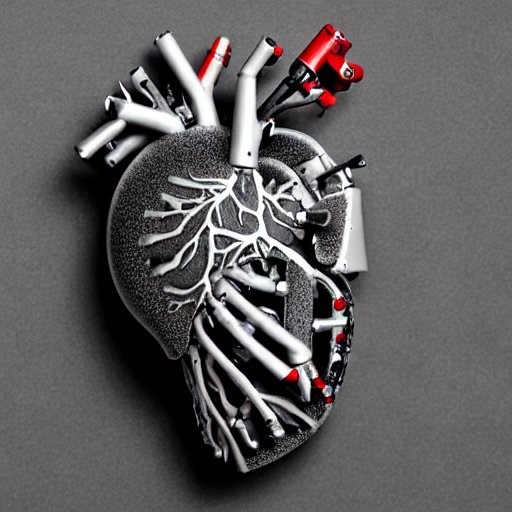Have you seen the blockbuster sci-fi movie that is destined to win 47 Oscars? I’m talking about Chrono-Z: Galactic Crusade.
Here’s the synopsis:
“A ragtag team of space adventurers discovers a horrifying truth: an ancient demon race has secretly infected planets with a zombie virus, causing apocalyptic outbreaks throughout the galaxy. With no other choice but to travel through time to prevent the demons’ plan, the team embarks on a perilous mission to gather powerful artifacts and allies from different eras. But when they accidentally alter the timeline, they must race against the clock to correct their mistakes and stop the demons’ final assault on Earth. Will they be able to save the world from total destruction or will the apocalypse reign supreme?”
OK, that sounds like a pretty-kick ass movie. And here’s the poster:
Now, there is just one problem with this epic sci-fi action-adventure film. It doesn’t actually exist and never will. In fact, the premise, the title, and the poster were all created by artificial intelligence (AI).
I’ve written before about the promise and peril of AI.
Well, after playing around with ChatGPT and OpenAI, I have created about 100 artistic masterworks and devised plots for a couple of hit movies. It’s a fairly addictive activity — somewhere between a hobby and a time suck.
For example, I asked AI to outline a story that combines the following elements: ominous prophecy, gunslingers, lost love, dinosaurs, and baseball.
Here is the result:
“In a post-apocalyptic world where dinosaurs have been resurrected through advanced cloning technology, a gunslinger named Jack is haunted by an ominous prophecy that foretells the end of humanity. As he navigates a dangerous landscape filled with prehistoric creatures, Jack is reunited with his lost love, a talented baseball player named Sara. Together, they must use their unique skills to face off against a band of ruthless outlaws and unravel the mystery of the prophecy before it’s too late. But as they get closer to the truth, they discover that the key to saving humanity may lie in the one place they least expect: on the baseball diamond.”
I have to be honest. I would see that movie.
So what does the rise of AI mean for writers, painters, and other creative types?
Well, some predict that AI will take over artistic endeavors. After all, if AI can crank out a masterpiece like Chrono-Z: Galactic Crusadein minutes, what hope does a struggling screenwriter have?
But I’m more optimistic. No matter what AI can produce — and its output will only get more sophisticated with each passing day —there will always be creative voices, human voices at that, who will rise above the din of computer-generated art to offer a unique point of view.
Also, these same doomsayers insisted that Photoshop would be the end for photographers and CGI programs would make people forget how to draw. Going back further, they said word processors would destroy novelists and synthesizers would mean that no one would ever learn how to play a musical instrument again.
Yes, AI is different, but forgive me for being skeptical about the end of creativity.
Technology often enhances, rather than short-circuits, imagination. Perhaps we can use AI to inspire us and to make the creative process smoother.
At the very least, you can get kooky with your prompts and generate some crazy shit that would never have existed otherwise, such as this rendition of a cyborg heart.
How cool is that?






